With a Master's degree from the University of Houston, Texas, and nearly 10 years in Houston building software solutions for many Fortune 500 companies, Mr. Nguyen Van Hoang currently leads VinHMS, a hotel management solutions provider.
VinHMS Software Production and Trading Company Limited ( Vingroup Corporation) was established in 2018, specializing in providing high-quality technology products, helping to optimize business operations of enterprises.
General Director Nguyen Van Hoang said that up to now, VinHMS is an official partner of Traveloka, Agoda, TripAdvisor, Google, Amazon... and a member of the International Association for Standardization of Protocols for Hotel Software (HTNG).

Starting as a hotel management solution (HMS) provider for Vingroup's Vinpearl hotels, how did you expand your customer base?
From the very beginning, we had a vision of being a technology platform company, with Vinpearl as our first customer.
Having Vinpearl as our first customer was both a blessing and a challenge. To support Vinpearl, we had to address all the complex business requirements, but we knew that once we met all of Vinpearl’s operational needs, our product would be truly solid. On the other hand, large customers tend to pull you towards them, requiring you to do a lot of customization to serve their specific needs. Therefore, balancing standard and customized product features is a constant improvement and development.
After Vinpearl, we have cooperated with Melia and many local hotels across Vietnam. Vietnam has about 100,000 4-5* rooms according to 2019 data. Currently, we are managing about 18,000 to 20,000 rooms, equivalent to about 18% market share. The hotel and resort industry was heavily affected during the COVID pandemic, but our market is growing steadily. I think our goal of capturing 30% market share in the near future is feasible.

With many years of experience building management systems in the US and at Amazon Web Services Vietnam, what challenges did you have to solve when starting a business in Vietnam?
Actually, I started my business in Vietnam 11 years ago, in 2012. The product was a point of sale & inventory management system for grocery retailers. It was too early for SaaS and Cloud so it was hard to convince customers to use our “website” to pay instead of paper and pen.
Vietnam has always had great technical talent, but without any startup and ESOP success stories, it was really hard to pull good software developers out of big companies. The market was also quite new and there wasn’t much of a support network for startups like there is now. I had to build the team and culture based on the US experience; some of it worked, some of it didn’t.

What difference does VinHMS bring to the domestic hotel market?
Hospitality is one of the oldest industries and is considered a powerful economic activity that impacts many aspects of human life, but the lack of technological innovation in the hospitality industry is a fact. Many hospitality experts agree that “Airbnb did not kill the hospitality industry; lack of innovation and creativity did.”
VinHMS is not trying to build “another hotel management software solution.” We want to provide an open platform for hotels to innovate. All the standard hotel operations tools are available, but the most important thing about our platform is that we can easily connect and integrate with many technology services to improve costs, revenue, and the hotel guest experience.
For example, you see QR payments everywhere in Vietnam now. In supermarkets, cafes, shopping malls, but hotel payment methods are still stuck with cash and credit cards. Or look at the check-in process. Airlines have been offering pre-check-in for years and their security requirements are very strict. Why do you still have to queue and check-in at the hotel reception?
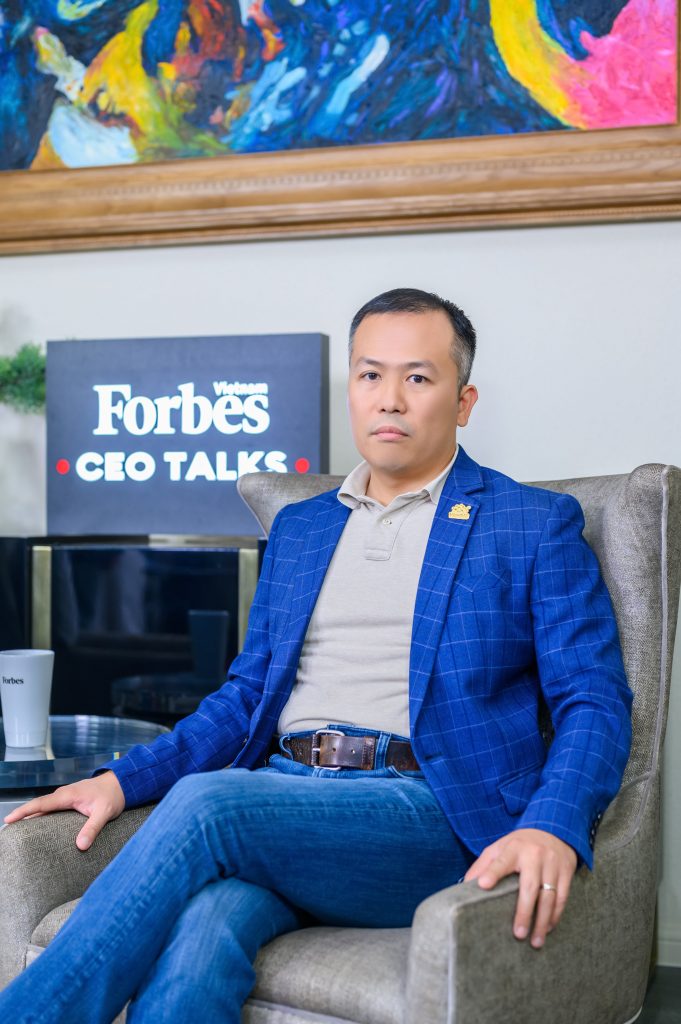
The technology is there, but because many hotel management solutions are not open, they are unable to accept modern payment methods or implement new processes. These changes not only improve the customer experience, but also reduce costs (QR payment fees can be lower than credit card fees) and increase revenue (pre-check-in allows hotels to offer additional services to guests before they arrive).
There are many advantages, but convincing business owners to switch from their own management system to your service is not easy. How did you do it?
COVID has changed everything. Before COVID, hoteliers didn’t really think they needed to change or innovate because the business had been the same for so long and they were doing well. But after COVID, guest expectations changed, market demands changed and doing nothing became riskier than changing.
Hotels know they need to improve their systems to adapt to the new environment. But the traditional model of buying servers and software doesn’t really help when hotels are still recovering from COVID and don’t have a lot of cash. Our SaaS model replaces CAPEX with OPEX so owners can have a better system with minimal investment. In many cases, our service fees are also dependent on their revenue, so we only make money when the hotel makes money. It’s a long-term partnership, not a one-time deal.
This market is quite traditional so there are only 2 main groups of solutions. One is the global international software used by most 5-star hotels and international chains, the other is the local software used by 3-4 star hotels in the country. Our price is much more reasonable than the global software. Although not the cheapest solution on the market, we are confident that the value we bring to the hotel will be greater than the cost they pay.

He once shared on social media that there are 3 things for startups to compete with larger corporations and startups in terms of talent: Founding team – Vision – Compensation. Why these 3 factors?
The “founding team” is the most important recruiting tool a startup has. When you have no money, no product, no customers, the only reason people join you is because they like working with you. Or because they think they can learn from you. Or because they think they will grow with you. Or because they respect you and think you can lead them to success.
“Vision” is also important. People feel satisfied in their careers if they can contribute to something bigger than themselves. No one wants to work on small things, or be a small cog in a big wheel. Most of the time, good people already have a good job at a good company, and the only way they leave is because they want to do more interesting things. Without a big vision, it will be difficult to recruit great people.
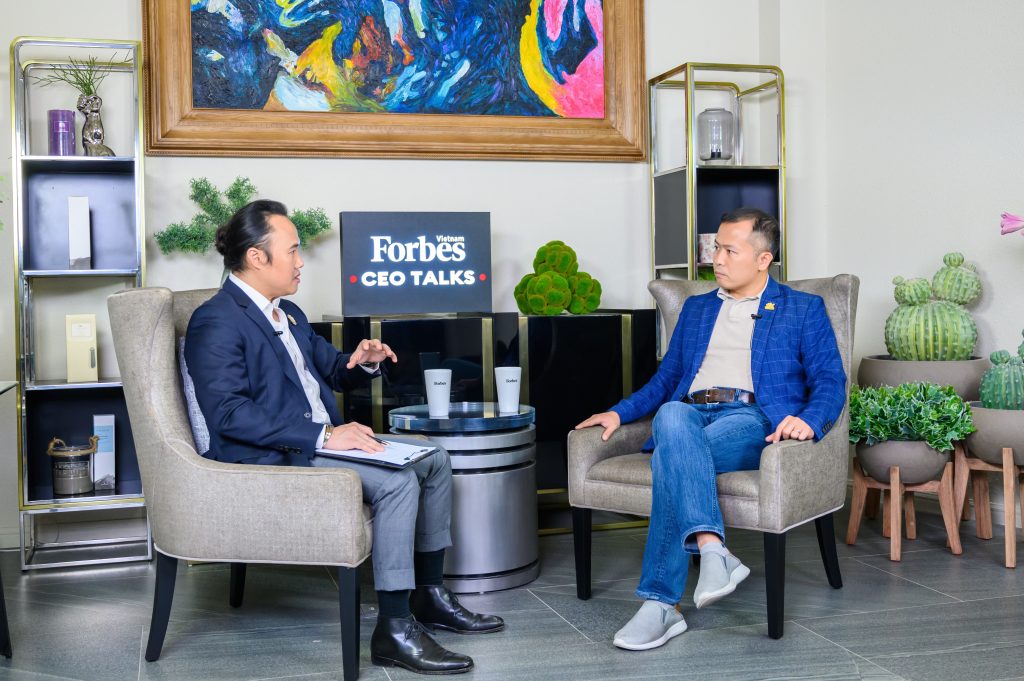
“Compensation” is something that many founders overlook, at least in my own experience. I’ve seen startup founders talk about letting their team work for little or no pay for months. They think it’s an accomplishment. I don’t think it is.
Being a founder is hard and you may have to make sacrifices, but you don’t have the right to ask that of your team. Even if they love working for you, love the problems they are solving, it’s unfair to send them home and make their family suffer. Besides, if the vision is big, it can’t be done in a few months, so you need to have a reasonable financial plan for a marathon, not a sprint. Paying your employees a fair market value while giving them big challenges to solve is a better and more sustainable way to compete with large corporations.
What are you improving to attract and retain talent for the company?
I think we have an ambitious vision, with a big market to grow into. We have a lot of customers which means we have the revenue to compete in the talent market but we never have enough good people so there are a lot of things I want to do.
I typically spend about 20% – 30% of my time recruiting, talking to potential candidates. We have a great product but we haven’t done a good job of letting people know about it, so I also spend time meeting with partners and telling them our story. The more people know about our journey, the more people want to join us.
Internally, I looked for ways to improve the company's compensation structure and give our people more freedom to innovate, then let them take ownership of their work.
Thank you.
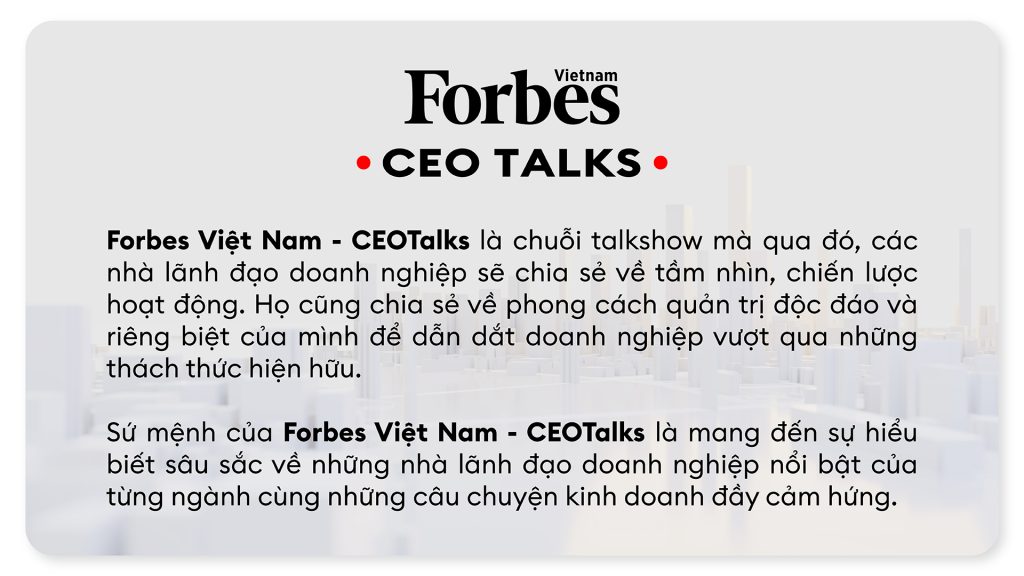
According to forbes.vn


![[Photo] Enjoy the Liuyang Fireworks Festival in Hunan, China](https://vphoto.vietnam.vn/thumb/1200x675/vietnam/resource/IMAGE/2025/10/26/1761463428882_ndo_br_02-1-my-1-jpg.webp)

![[Photo] Nhan Dan Newspaper displays and solicits comments on the Draft Documents of the 14th National Party Congress](https://vphoto.vietnam.vn/thumb/1200x675/vietnam/resource/IMAGE/2025/10/26/1761470328996_ndo_br_bao-long-171-8916-jpg.webp)
![[Photo] General Secretary To Lam received the delegation attending the international conference on Vietnam studies](https://vphoto.vietnam.vn/thumb/1200x675/vietnam/resource/IMAGE/2025/10/26/1761456527874_a1-bnd-5260-7947-jpg.webp)


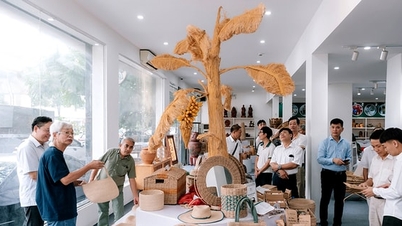




















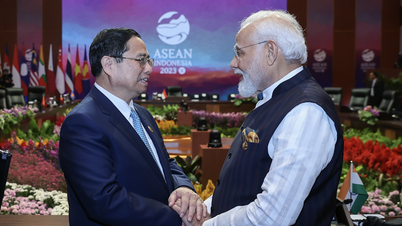
![[Photo] Prime Minister Pham Minh Chinh attends the opening of the 47th ASEAN Summit](https://vphoto.vietnam.vn/thumb/1200x675/vietnam/resource/IMAGE/2025/10/26/1761452925332_c2a-jpg.webp)




































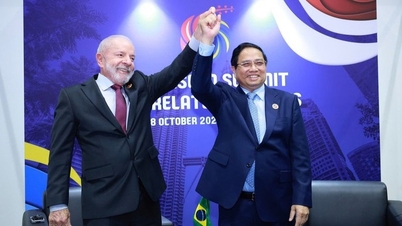
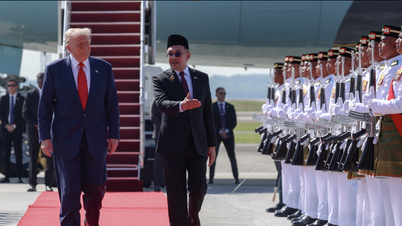

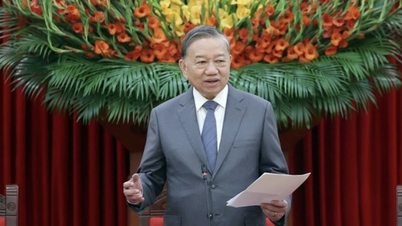

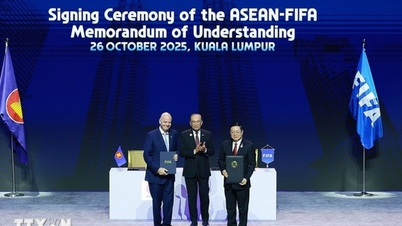

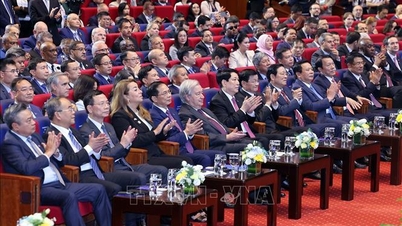

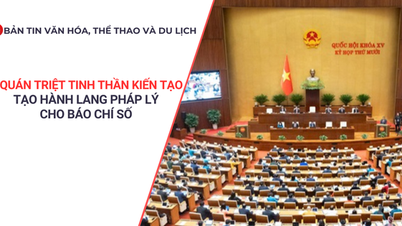

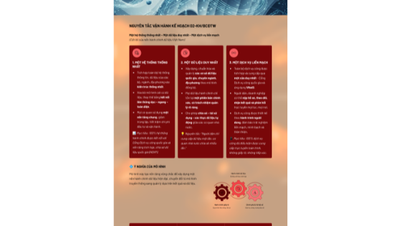

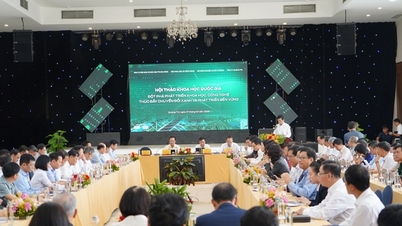


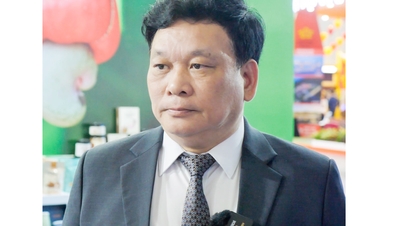


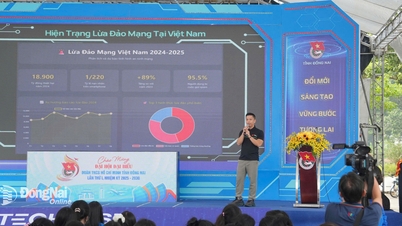
















Comment (0)